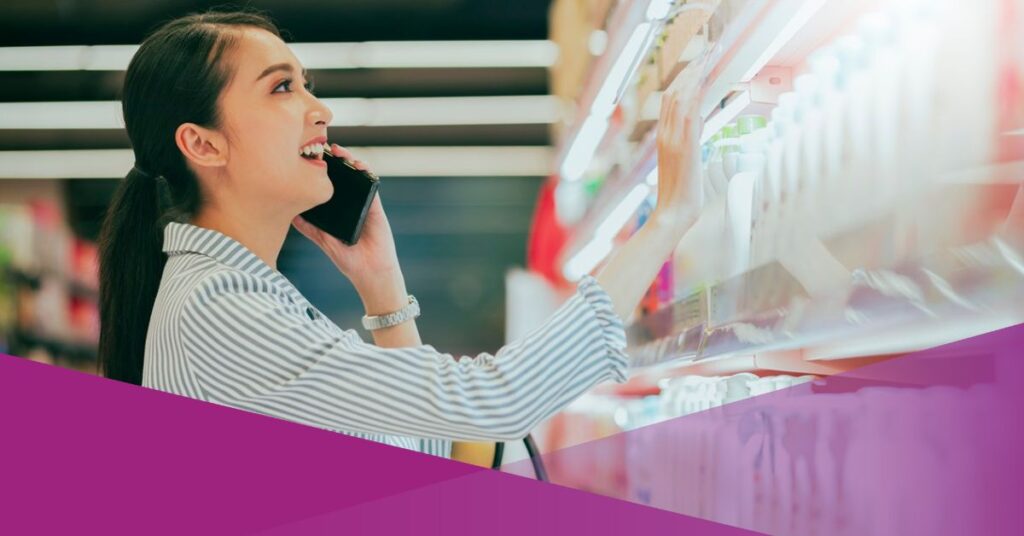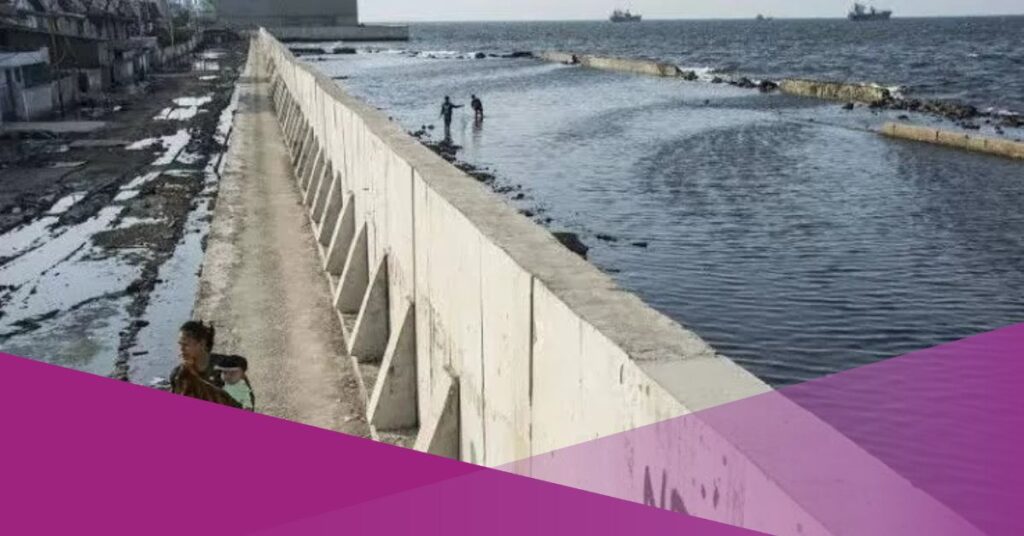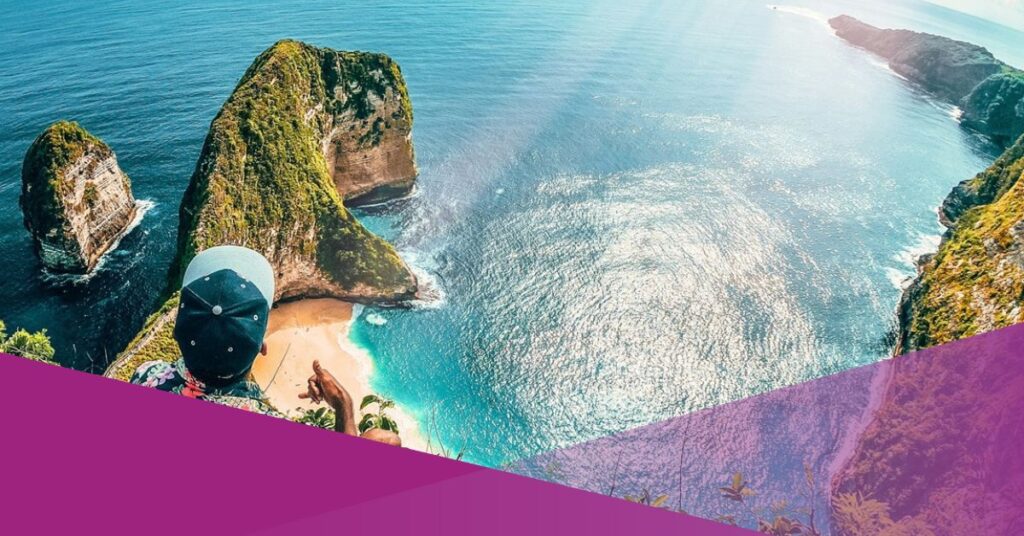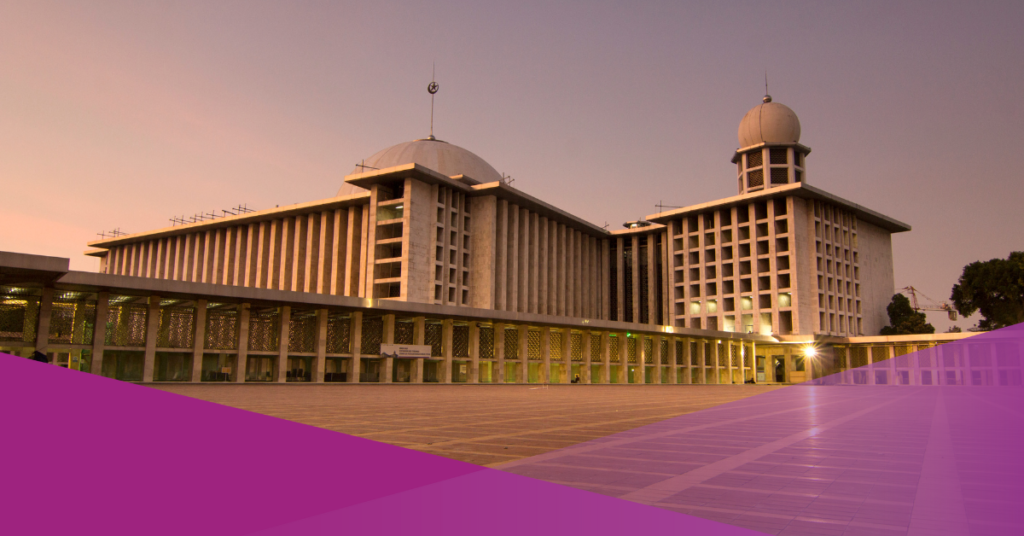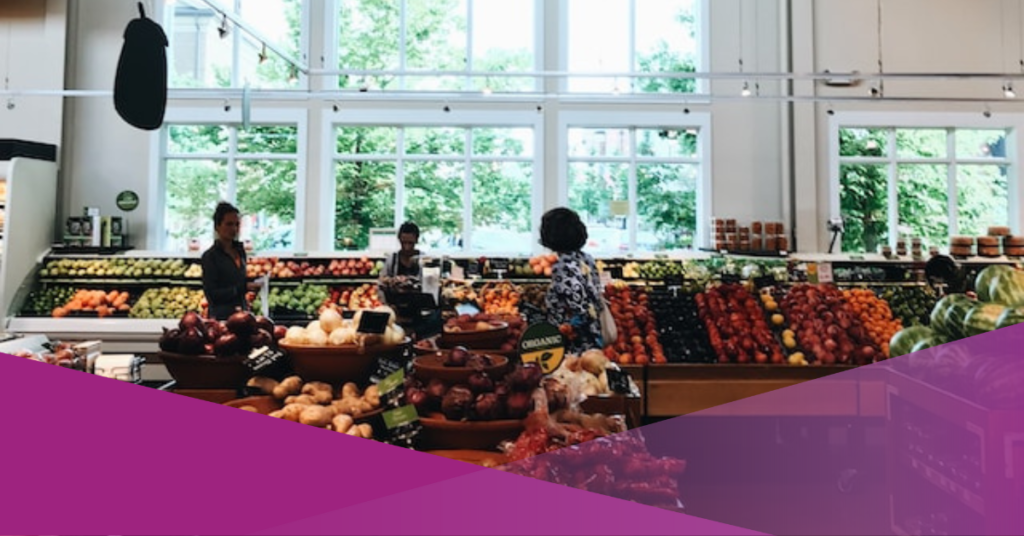The recent surge in diabetes cases among children in Indonesia, which has gained widespread attention through social media, underscores the urgent need for action.
According to the Ministry of Health’s official website and data from the International Diabetes Federation (IDF), the number of people with diabetes in the world in 2021 reached 537 million.
This number is predicted to increase to 643 million by 2030 and 783 million by 2045.
IDF reports that Indonesia ranks fifth in terms of the highest number of diabetes cases, with 19.5 million sufferers in 2021 and is projected to reach 28.6 million in 2045.
Meanwhile, the number of cases of diabetes and pediatric kidney failure continues to experience an alarming upward trend.
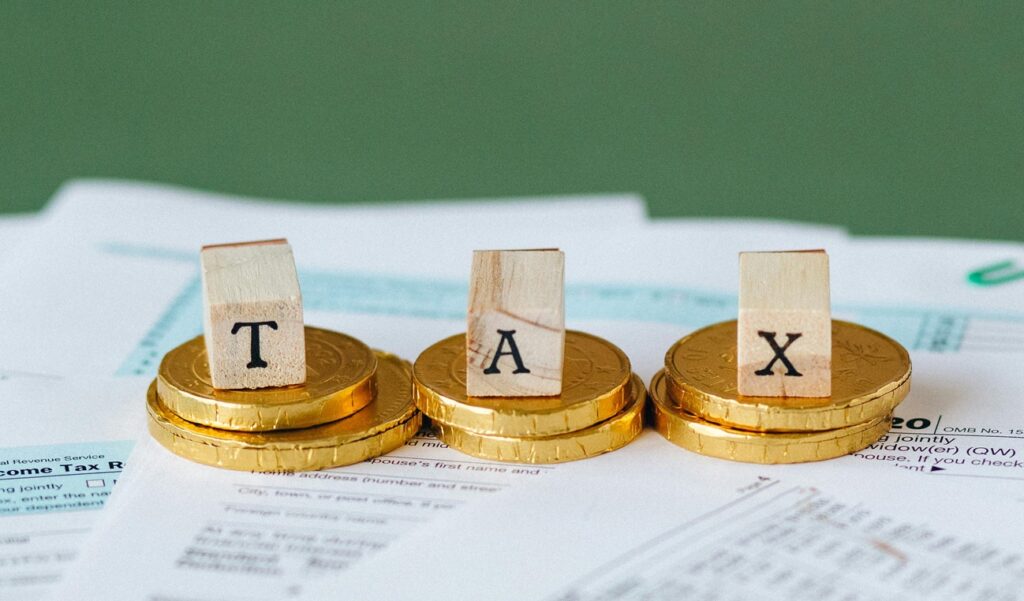
One of the actions that the government has begun to take is to impose excise duties on packaged sugar-sweetened beverages.
Minister of Finance Sri Mulyani Indrawati signalled that the government will start collecting excise on packaged sugar-sweetened beverages (MBDK) in 2025. The MBDK excise tax itself is included in the list of state revenue optimization efforts proposed in the 2025 Draft State Budget (RAPBN).
Sri Mulyani said that the provisions regarding the MBDK excise levy had actually been discussed previously together with Commission XI of the Indonesian Parliament.
One of the government’s considerations for implementing the excise tax on sugar-sweetened beverages is to address the high prevalence of diabetes, offering hope for a healthier future.
“The excise tax on MBDK is in accordance with the objectives of the Ministry of Health to maintain the expansion or higher prevalence of diabetes even at the child level,” she said in a meeting with Commission XI of the House of Representatives at the Nusantara Building, Jakarta, Wednesday, August 28, 2024.
Bottled Beverage Prices Could Rise 30% due to Excise Taxes
As reported by Bisnis.com, the Indonesian Food and Beverage Producers Association (Gapmmi) projects that if the excise tax on sugar-sweetened beverages in packaging is imposed, the selling price of packaged food and beverage products will increase by up to 30%.
To anticipate the negative impact of excise on the industry and consumers, Gapmmi is currently proposing a roadmap to support the government’s goal of reducing NCDs through education and food reformulation.
